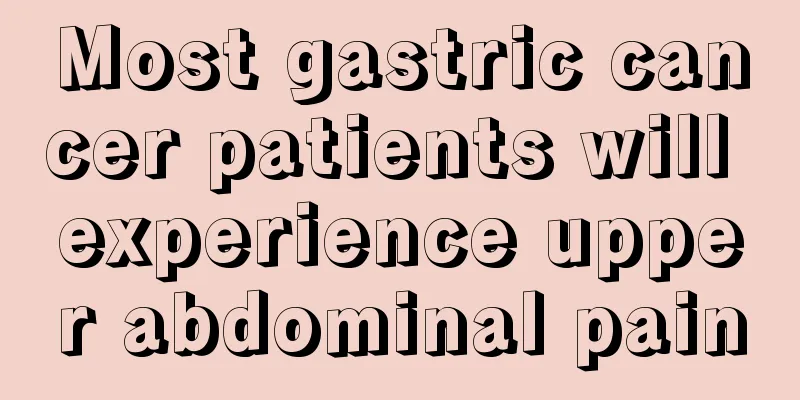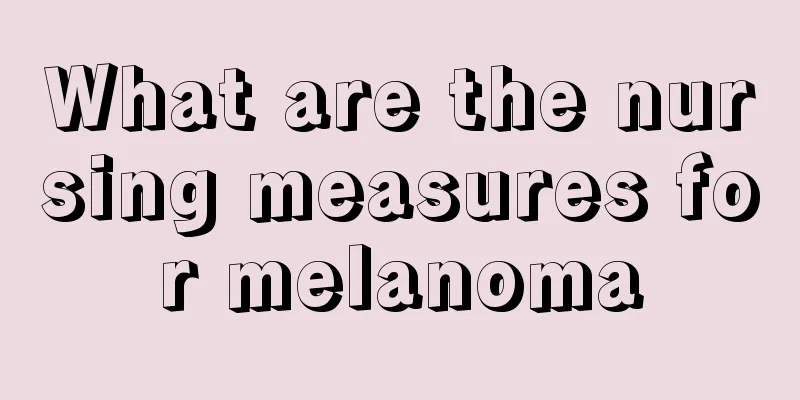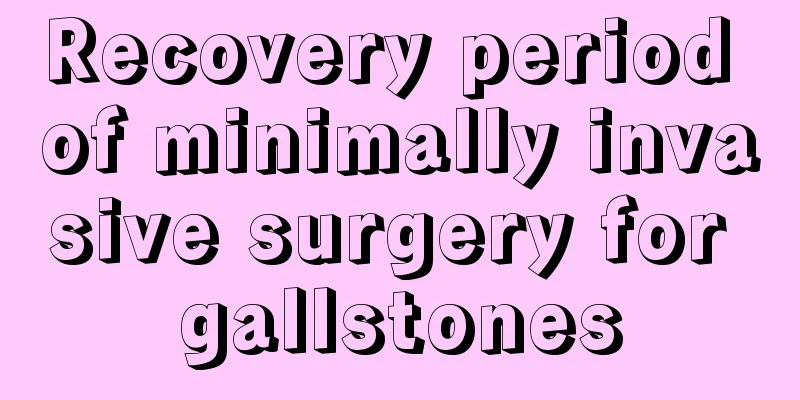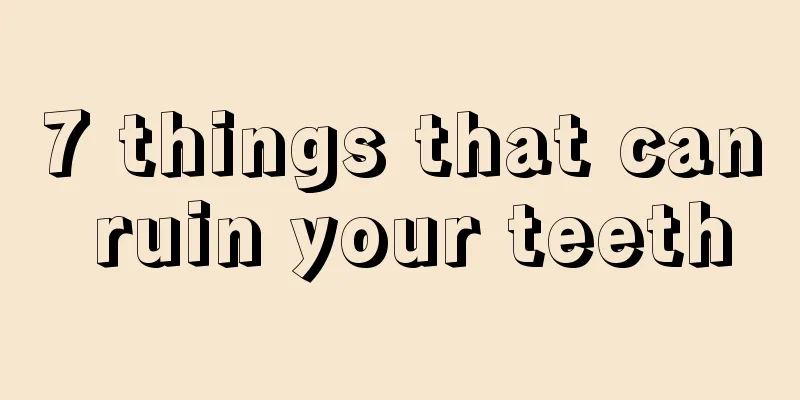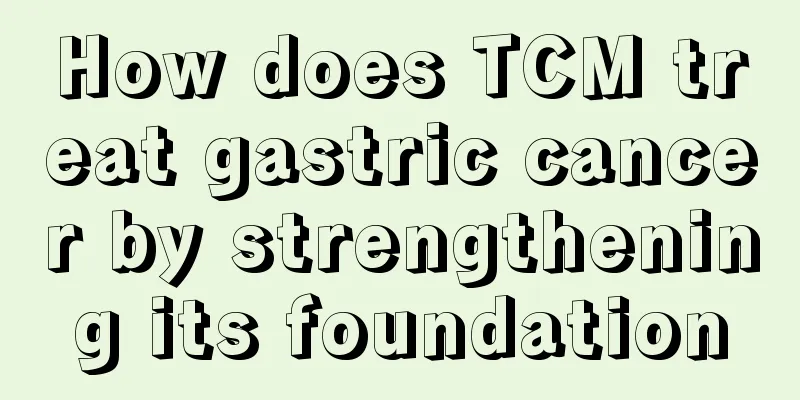Low back pain accompanied by vomiting may be caused by these diseases
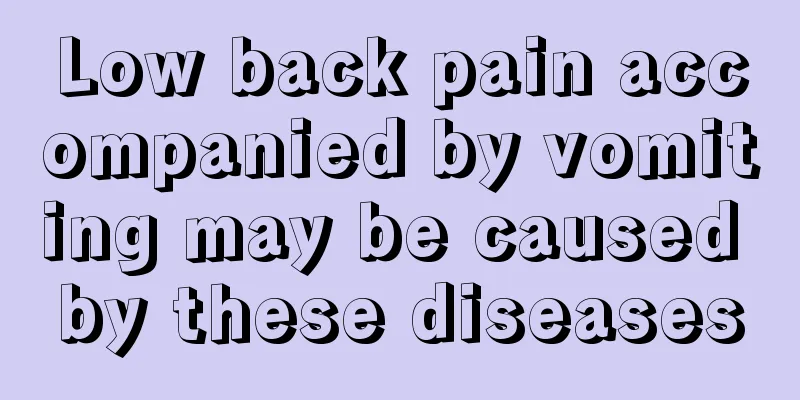
|
In life, people often experience low back pain accompanied by nausea and vomiting, but it is difficult to determine the cause. In fact, many diseases such as lumbar disease, renal ischemia, nephritis, lumbar muscle strain and renal colic may be factors that cause this condition, so patients need to judge the cause according to their own condition and receive reasonable treatment. 1. It may be lumbar disease It is recommended to go to the orthopedic department for examination, make a clear diagnosis and treat the symptoms. In daily life, pay attention to rest, avoid weight on the waist, do not do large-scale waist rotation movements, etc. It is usually recommended to sleep on a hard bed. 1. Eat a balanced diet with high protein and vitamin content and low fat and cholesterol. Prevent obesity, quit smoking and control alcohol. 2. Pay attention to the combination of work and rest at work, have a correct posture, do not sit or stand for a long time, and do warm-up exercises before strenuous physical activities. 3. Rest in bed, it is advisable to use a hard bed to maintain the physiological curvature of the spine. 4. Avoid cold and keep warm 2. Renal ischemia and nephritis Low back pain may be caused by renal ischemia, nephritis, lumbar muscle strain, etc., but nephritis will have symptoms such as percussion pain in the kidney area and positive urine protein. Lumbar muscle strain is common and is aggravated after labor. In addition, for some cases of renal tuberculosis, it is recommended that you take a waist film, test urine routine, renal function, urine microalbumin, cystatin C, etc., pay attention to rest, and treat it after the cause is determined. 3. Renal colic If low back pain is accompanied by nausea and vomiting, it is generally necessary to highly suspect renal colic caused by kidney or ureteral stones. If you have pain on the right side of your waist, you may also have cholecystitis. Suggestions: It is recommended to go to the hospital for a liver, gallbladder, kidney, ureter B-ultrasound and urine routine examination. If it is confirmed to be renal colic, anti-inflammatory and antispasmodic treatment is generally required. Small stones can usually be naturally excreted from the body by drinking more water and exercising. |
<<: What causes lower abdominal cramps?
>>: What are the symptoms of Helicobacter pylori gastritis?
Recommend
What are the early symptoms of polyp-type endometrial cancer? If you have these symptoms, you need to pay attention
There are three main typical early symptoms of po...
Nutrition needed by yew
If people want to make the air in their homes fre...
What are the causes of high creatinine and what to do if creatinine is high
There are many reasons for high creatinine, the m...
What to do if ovarian cancer recurs after surgery? Actively cooperate with the doctor's treatment
Ovarian cancer is indeed quite serious and may be...
The morphology and distribution of the stomach
People usually don't know much about the shap...
What should I do if I have advanced lung cancer? What are the symptoms of advanced lung cancer?
Lung cancer is a very serious disease once it rea...
Does regular running have an impact on sexual function?
Male friends should do more exercises such as run...
Why do you feel cold in hot weather?
When we talk about hot weather, we will think of ...
Why is there hair on the butthole?
The human anus is a very private part. Normally, ...
If you have a bad heart, which part should you massage?
Nowadays, work pressure in life is very high, whi...
What can people on dialysis eat
People who need dialysis generally do so because ...
Can celery and carrots be eaten together
Celery and carrots are both relatively common veg...
How to treat advanced liver cancer to prolong life? These treatments are very suitable for patients with advanced liver cancer
How to treat advanced liver cancer The patient is...
How to Make Your Own Soap
As everyone pays more attention to health preserv...
6 good ways to quickly relieve stress
1. Give yourself a buffer Try to memorize the lyr...
